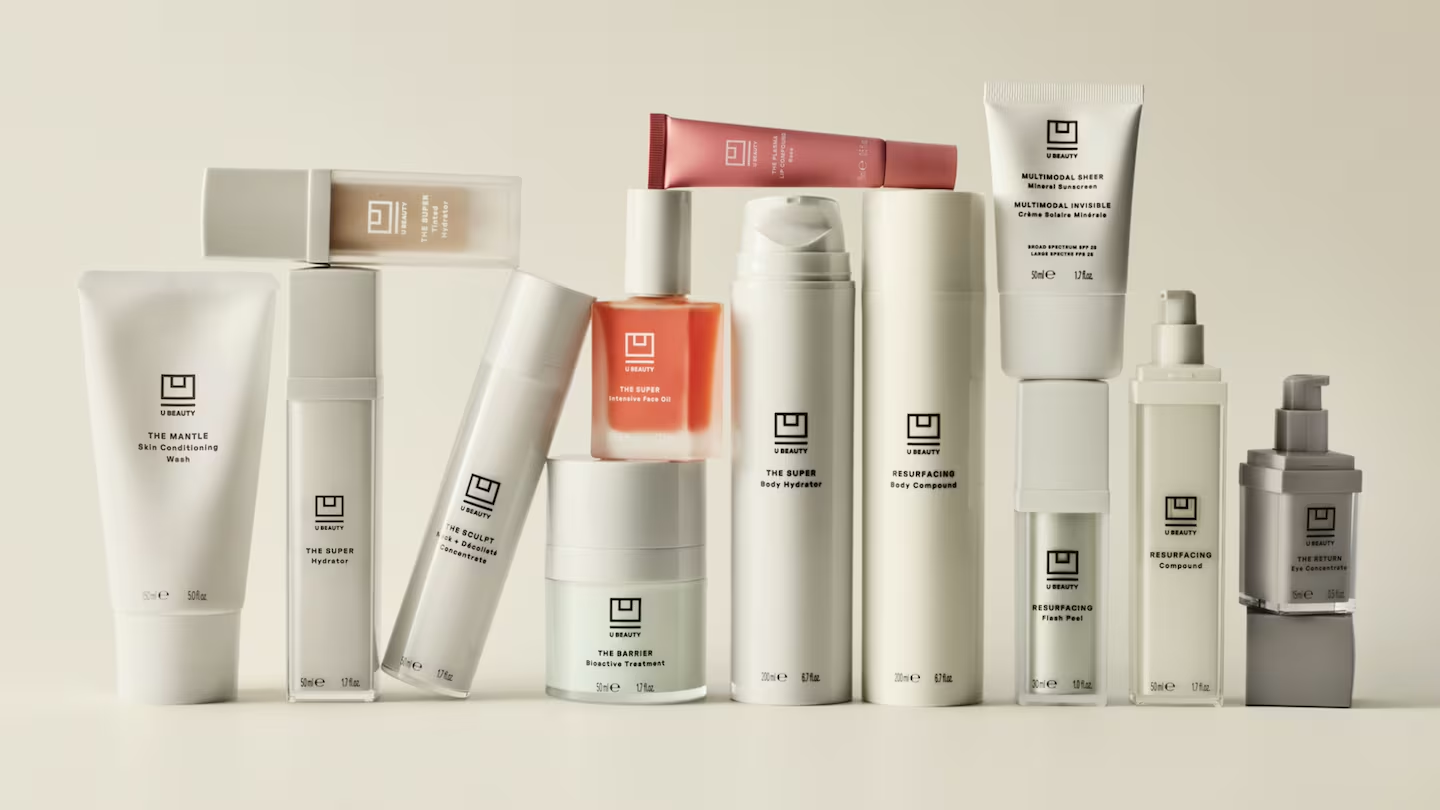The High Rollers Place Their Bets
WWD – JD’s deal with Farfetch, like Amazon’s with Whole Foods and Wal-Mart’s with Bonobos, shows how much the world has changed and is changing.

JD.com is China’s second largest ecommerce player.
The stakes are rising and the largest merchants from around world are doubling down, ramping up and betting big on fashion and retail as they struggle to keep ahead of the customer — and each other.
E-commerce giant JD.com made its megamove on Thursday, laying out a $397 million minority investment in Farfetch, which will help it bring in luxury names from stores and brands from around the world to China and sharpen its stance against rival Alibaba.
The deal comes just a week after Amazon.com inked a $13.7 billion deal to buy Whole Foods, jumping into bricks-and-mortar retail with both feet, and Wal-MartStores Inc. continued to bolster its online fashion portfolio with a $310 million deal to buy Bonobos to add to Jet.com, which paid $3.3 billion for last year.
Collectively, the wheeling and dealing shows that being on top — or at least very, very big — does not mean companies can stand still or even stick to the strategies that got them there.
“Retail is shaping up to be a dog fight between Amazon and Wal-Mart, and you’ve got the JD and Alibaba situation as well,” said Antony Karabus, ceo of HRC Advisory. “The really big guys are in a dog fight to stay dominant.
“They have a choice to build or buy,” Karabus said. “If you want to create new capabilities that are going to allow you to remain on top, you haven’t got the time to build, so you want to buy.”
And the market should brace itself for more.
“Google, Facebook, Wal-Mart, Amazon — you’re going to see those guys out there buying stuff to extend further into retail capabilities because they’re all going heavy into retail or the ability to order through their platform,” Karabus said.
Companies are changing because consumers are changing. They’re more digital. More inclined toward experiences.
Michael Dart, partner in A.T. Kearney’s private equity practice, said companies are rearranging to meet the competitive dynamic and that “the pressure to make bold moves for management teams has never been greater.”
“Failure to move means that the best opportunities will be missed,” Dart said. “What is clear is that for most retailers and brands maintaining the existing strategy is not a path to success.”
Consultant Jonathan Low, a partner at Predictiv, added “hesitation is almost never rewarded” in the digital economy and that, “If you have a chance to act with a reasonable chance of success…you take it because the opportunity may not come along again.”
Farfetch and JD jumped at the chance to move.
The London-based luxury platform launched into China two years ago, but will be able to grow much quicker with JD, which has been looking for access to luxury brands.
Farfetch founder and chief executive officer José Neves declined to delve into the nitty-gritty of the transaction, but said the JD investment buys it a minority stake and that at least some of the incoming cash will be used to fuel the platform’s growth. (He’s been a busy dealmaker lately, having just acquired Style.com from Farfetch backer Condé Nast).

José Neves, founder and chief executive officer of Farfetch. Kate PetersNeves has been eyeing a Farfetch public offering, but said this deal hasn’t changed the timing. “We just carry on and one day we will IPO, eventually,” he said.
As part of the deal, JD’s founder and ceo Richard Liu will join the Farfetch board.
Liu said: “We have always believed that the long-term trend of Chinese e-commerce is toward quality over price and this partnership with Farfetch further extends our lead in the battle for the future of China’s upwardly mobile consumers.”
Neves added, “To me, this is like Jeff Bezos joining my board of directors” and noted that Liu has built a business that drove $94.8 billion in commerce last year, a 47 percent gain.
The comparison with Bezos, founder of Amazon.com, is apt, but incomplete. JD is an e-commerce powerhouse in China, but it also has a big credit business and owns a vast logistics network that can reach 600 million people with one-day shipping. The company’s largest shareholder is Tencent, the owner of social media giant WeChat, making for a powerful data brew that can be used to target customers very specifically.
“In the States, this would be the equivalent of Amazon having a strategic partnership with Facebook and Instagram,” Neves said. “That’s what they have in China, which is pretty mind-blowing.”
JD has 250 million active users and WeChat has 800 million, he noted. Farfetch works with 200 luxury brands and more than 500 multibrand retailers.
“We will be able to advertise and do marketing in a hyper-targeted way in China,” Neves said. “This makes it really, really appealing to us, add to that complete unrivaled logistics, it’s just a marriage made in heaven.”
The partnership, for instance, would help Farfetch market to a specific consumer just as they’re posting to WeChat in a way that suggests they’re looking to buy fashion.
JD has been keen on growing its fashion business, having hosted fashion shows around the world and separated its fashion business into a new unit under the guidance of president Xia Ding.
After the Farfetch deal was revealed, Ding noted: “The growth rate we see from luxury goods online is really crazy. It’s much higher than everyday products. Maybe in the past, online was viewed as clearance channel for cheap products. People buy everything online right now, it doesn’t have to be cheap.”
On JD, she said the average price for luxury goods is “3,000 to 5000 renminbi per piece, easily.”
The Farfetch alliance follows closely on the heels of JD’s new luxury express delivery service. Customers who buy 8,000 renminbi per piece or more, will get their goods delivered to them by specially trained white-glove uniformed JD employees. The service will also be extended to all Farfetch’s China orders and although the partnership will roll out in stages, Ding expects the alliance to be fully operational by the end of the year.
By then, what else will have changed? Perhaps everything. www.wwd.com



